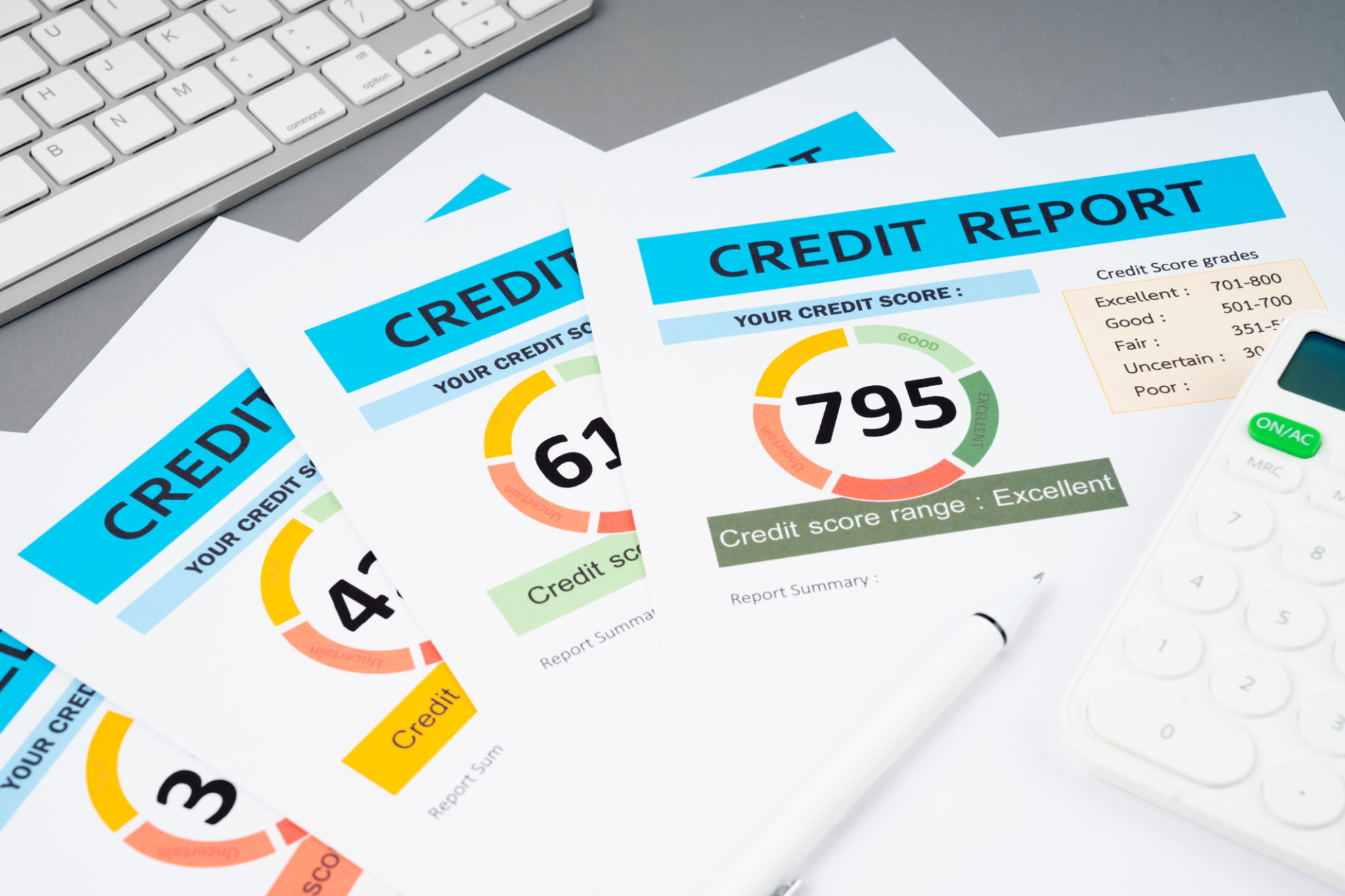Emerging Financial Freedom Strategies: Transforming Your Credit Profile
Understanding the Importance of Your Credit Profile
Your credit profile is more than just a number—it's a reflection of your financial habits and history. A strong credit profile can open doors to better loan terms, lower interest rates, and even job opportunities. As financial landscapes evolve, so do strategies for improving and transforming your credit profile.
Traditionally, improving your credit score involved paying bills on time and reducing debt. However, emerging strategies are now available to help you take control of your financial future. These strategies not only enhance your credit score but also offer a pathway to financial freedom.

Leveraging Technology for Credit Improvement
Technology is playing a pivotal role in transforming credit management. Tools like credit monitoring apps and financial management software empower individuals to track their spending, set savings goals, and monitor their credit scores in real-time. These tools provide insights into spending habits, alert you to potential fraud, and suggest personalized strategies for improvement.
Additionally, some platforms offer simulations that allow you to see how certain financial actions—such as paying down debt or opening new credit lines—might affect your credit score. By using these tools, you can make informed decisions that align with your financial goals.
Alternative Data Sources for Credit Assessment
Another emerging strategy involves the use of alternative data sources for credit assessment. Traditional credit scoring models rely heavily on credit card usage and loan repayment history. However, innovative lenders are now considering other factors such as utility payments, rent, and even subscription services.
By incorporating these non-traditional data points, lenders can provide a more comprehensive view of your financial responsibility. This can be particularly beneficial for those with limited or no credit history, enabling them to build a robust credit profile through everyday transactions.

Building Credit with Secured Credit Cards
Secured credit cards are another effective tool for building or rebuilding your credit profile. Unlike traditional credit cards, secured cards require a cash deposit that serves as collateral. This deposit reduces the risk for the issuer and allows individuals with poor or no credit history to build their score through regular use and timely payments.
Using a secured card responsibly demonstrates financial discipline and can lead to an improved credit score over time. Many secured card issuers report to major credit bureaus, ensuring that your positive payment history is reflected in your credit profile.
Peer-to-Peer Lending as a Credit Building Strategy
Peer-to-peer (P2P) lending platforms offer another avenue for building credit. These platforms connect borrowers with individual investors, bypassing traditional banks. For those with less-than-perfect credit, P2P lending can provide access to funds with more flexible terms.
Successfully managing a P2P loan—making consistent payments and paying off the balance—can boost your creditworthiness. These platforms often report to credit bureaus, thus contributing positively to your credit profile.

The Role of Financial Education in Credit Transformation
Financial education is crucial for effectively managing and transforming your credit profile. Understanding the factors that influence your credit score and knowing how to leverage them can make a significant difference in your financial journey.
Many organizations offer workshops and resources focused on financial literacy. By taking advantage of these educational opportunities, you can gain the knowledge needed to make informed decisions and take proactive steps toward financial freedom.
In conclusion, transforming your credit profile involves a combination of traditional practices and emerging strategies. By leveraging technology, considering alternative data sources, utilizing secured credit cards, exploring P2P lending, and investing in financial education, you can pave the way toward a more secure financial future.